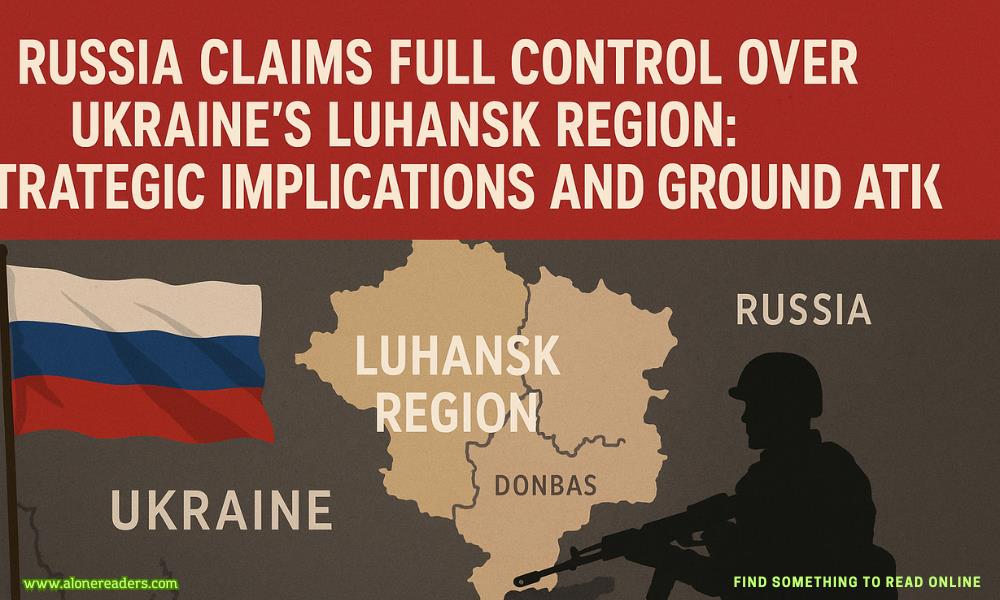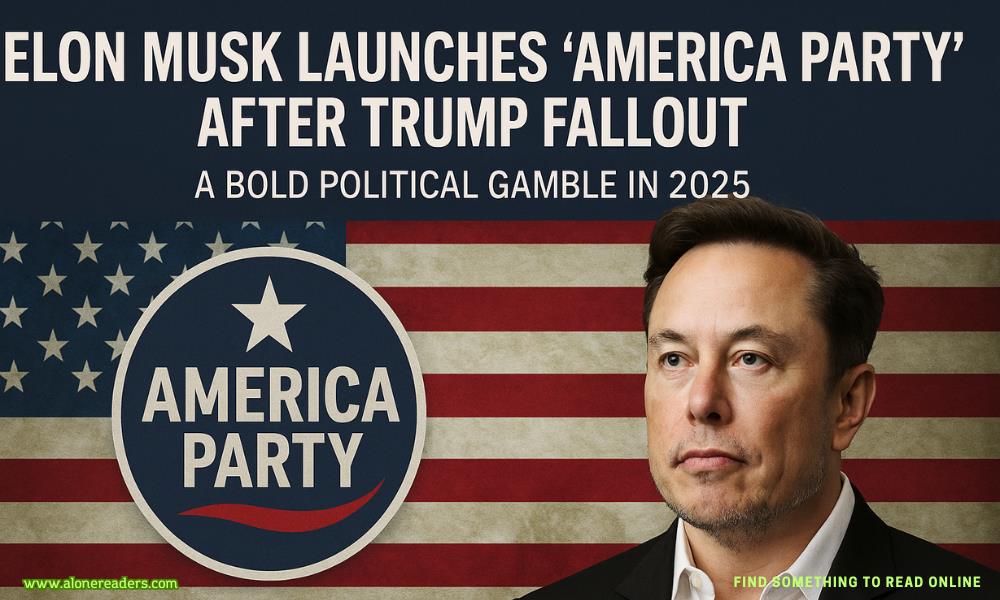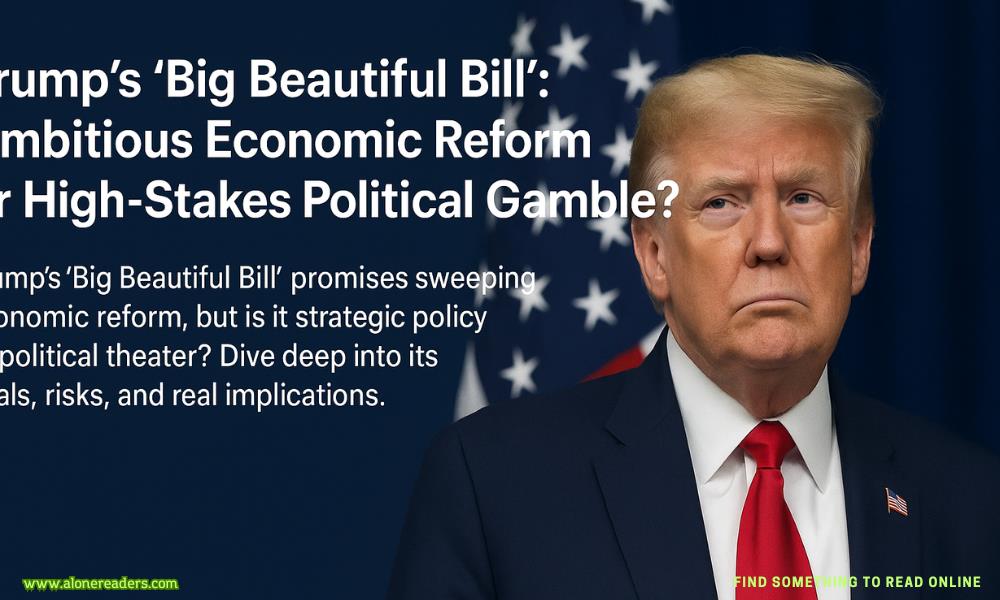Page 80 of Reckless Consequences
“And you just suddenly grew a conscience?” The skepticism in my voice cuts like glass.
“No.” His honesty is unexpected. “I recognized that his vision had become fundamentally corrupted. What began as legitimate research into genetic enhancement devolved into obsession with control.”
“You mean he went crazy and you got scared.”
“I mean he was willing to sacrifice anything—and anyone—to achieve his vision of perfection.” His gaze holds mine, unflinching. “Including his children.”
The truth of it sits heavy between us, undeniable despite our complicated relationship to it. Roman Sterling saw his children as experiments first, people second—if at all. The realization creates an unexpected current of empathy between us.
“Blood extraction window narrowing,” Mona reminds us, tapping her watch impatiently. “Emotional resolution can continue during procedure. Veins still accessible during significant psychological processing.”
Alexander extends his arm toward her with resigned familiarity. “Take what you need.”
I watch as Mona prepares the extraction equipment, her movements quick and precise despite her chaotic energy. There’s something almost gentle in how she handles Alexander, suggesting a history I know nothing about.
“How long have you two been in contact?” I ask, suspicion rising again.
“Seven years, four months, three days,” Mona answers immediately. “Intermittent communication. Mostly antagonistic. Occasionally productive.”
“You never thought to mention you two were on speaking terms? You made me believe you two hated each other.” I direct this to Alexander as Mona slides the needle into his vein.
“I believed you were better off not knowing,” he replies, watching his blood fill the vial with detached interest. “It simply wasn’t safe.”
“That wasn’t your decision to make.”
“Perhaps not,” he concedes. “But it seemed the most logical course at the time.”
“Does it haunt you?” I ask suddenly. “Killing him.”
He doesn’t pretend to misunderstand. “Yes.” A single syllable, heavy with meaning. “Not from remorse, but from recognition.”
“Of what?”
“That despite everything, he was still our father.” His gaze meets mine, something almost vulnerable in its depths. “And that makes me question what parts of him live on in us.”
The question hits closer to home than I want to admit. It’s the same fear that keeps me awake some nights—that Roman’s DNA isn’t just in my cells but somehow embedded in who I am at a fundamental level.
“I’ve been thinking about that too,” I admit, the confession easier in this strange space with siblings who share the same burden. “Whether being a Sterling means being destined to become like him.”
“Genetic determinism fallacy,” Mona interjects, carefully filling the second vial. “Environmental factors and personal choice are statistically more significant than genetic predisposition in personality development. Much scientific evidence.”
“She’s right,” Alexander says, watching the procedure with clinical detachment. “Roman believed designation was destiny, genetics was fate. His entire worldview was built on that premise.”
“And yet he spent his life trying to change designation,” I point out.
“The irony wasn’t lost on him,” Alexander confirms. “He viewed it as correcting nature’s mistakes rather than contradicting his own ideology.”
“Like us,” I say quietly. “We were his mistakes.”
“Some more than others,” Alexander’s gaze shifts to Mona, who’s labeling his blood samples with meticulous care. “Though some disappointments were more useful than others.”
“Utility subjective concept,” Mona responds without looking up. “Scientific contribution is objectively measurable. My research cited four hundred and seventeen times. Yours?”
“Government classified,” he counters smoothly.
“Military applications are overrated. Pure research superior. Much scientific integrity.”
“Your scientific integrity nearly got you killed on three separate occasions,” Alexander points out.
- Daddy's Accidental Babies by Sofia T. Summers
- Death by Michelle Heard
- Feral by Jenika Snow
- Quadruplets for the Vipers by Tia Quinn
- Beautiful Sinner by Ivy Davis
- Ride Me Cowboy by Clare Connelly
- Bound in Matrimony by Emma Bray
- Calla's Boys by Yolanda Olson
- Property of Anchor by Winter Travers
- Punish Me, Daddy by Sara Fields
- His Mark by Sara Fields
- Filthy and Fierce by Hope Ford
- Vow of Obsession by Lucy Darling
- Veiled Vengeance by Ivy King
- Don't Say You're Sorry by Bethany Winters
- Kingston by Terri Anne Browning







